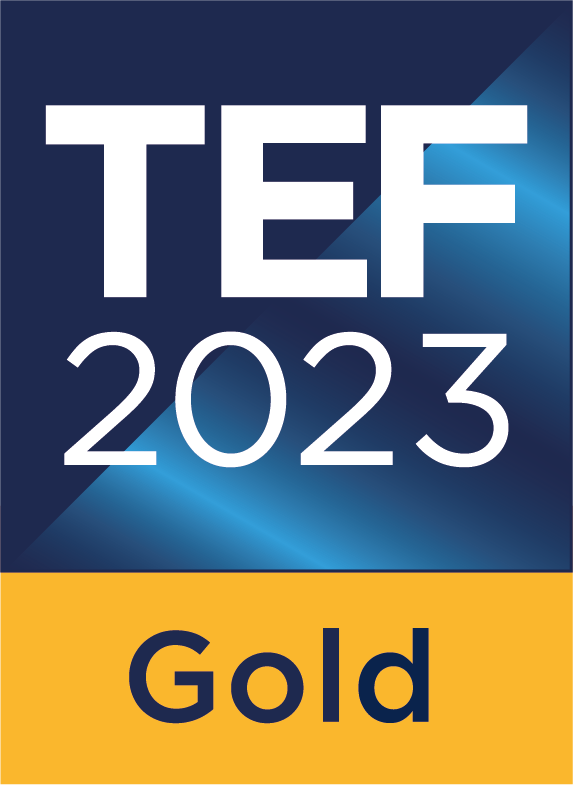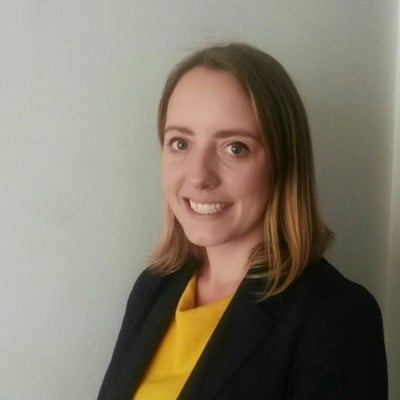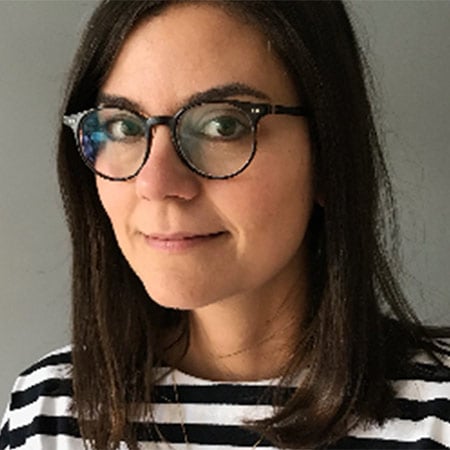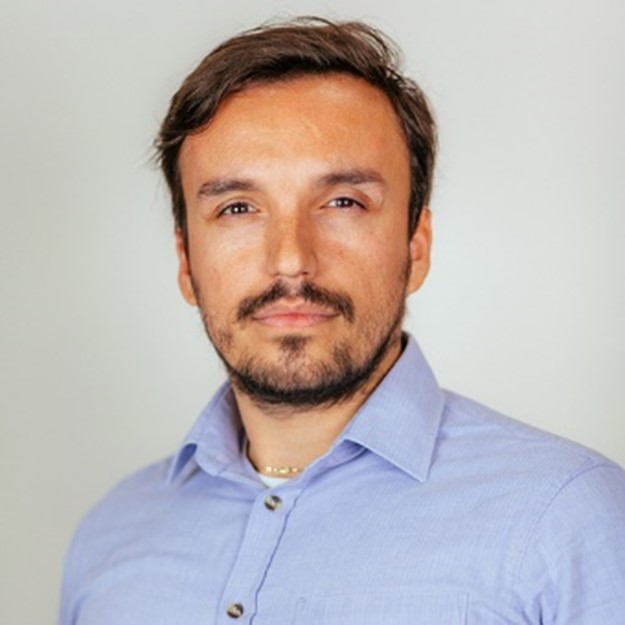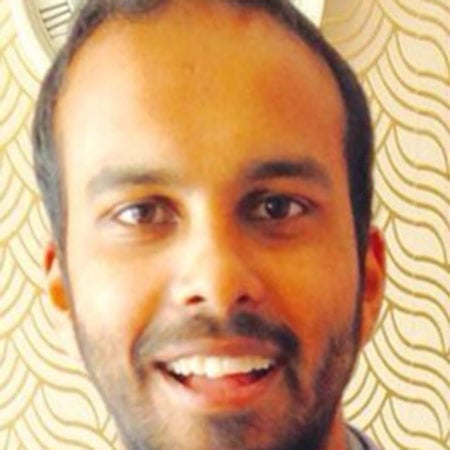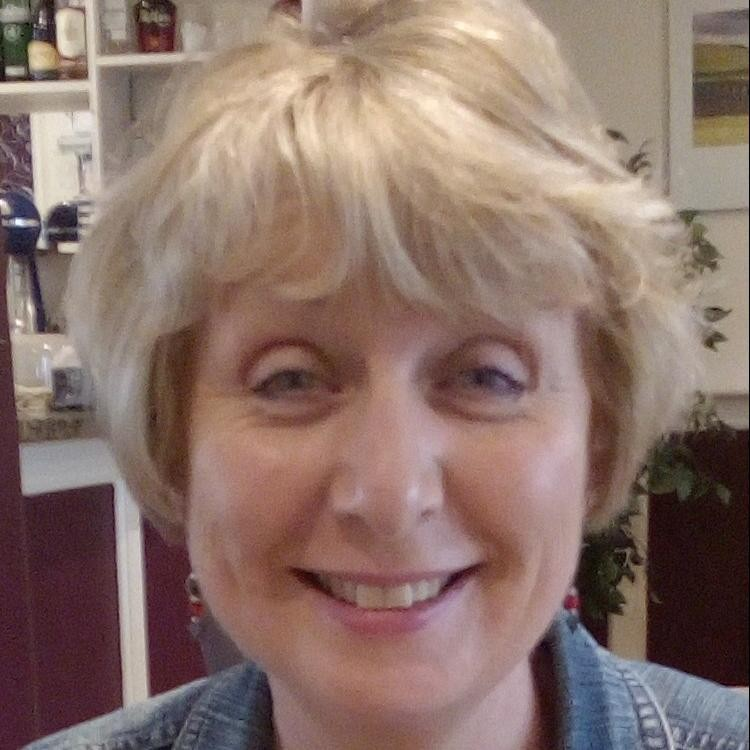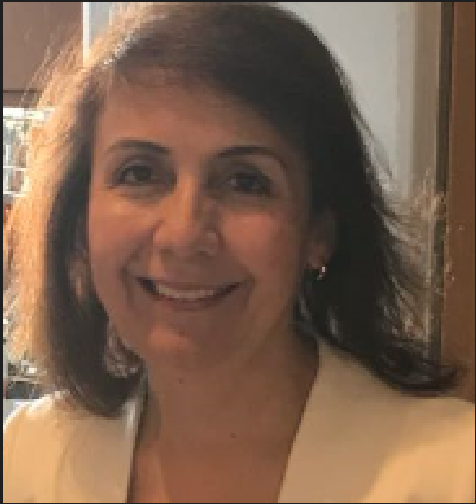Sarah Jones, Programme Director for MA Education: So I'm a senior lecturer in global education and digital technologies. I wouldn't say I'm a traditional academic. Since I left my own undergraduate degree, I've done a variety of different jobs. I've been a window cleaner, a dietetic assistant, I've been a potter, I was a secondary school teacher, and as well as having a range of different occupations, I've also worked in different places. So not just in the UK, which is why I'm based now, but I've also worked in Uganda and spent some time working in South Africa where I live part time as well. Yeah, so I've got a breadth of experience, I suppose you might say.
I've worked here now at the University of Hull for about seven years. I've had a variety of different roles in that time. I mainly supervise PhD students and work at master's level, although I do a little bit of undergraduate teaching as well. And I've also been the director of learning and teaching here in the School of Education. Yes so I think this masters has an innovative structure in that you'll be able to build the degree around what it is you do, or if you're not in work currently, you'll be able to build it around your professional development interests. And importantly, you'll also be able to meet people who come from a wide range of educational backgrounds. So there could be people on your course who are childcare assistants or teachers, or those who've got an education role in charities. And they'll help you to see things through a variety of different lenses. You'll get different perspectives as a result of that as you collaborate together.
So I think the overarching learning outcome from this masters is about developing a disposition of inquiry. So whilst it's important that you leave the degree saying, for example, you know how to carry out a challenge based activity or a piece of research, it's actually more important that you leave with an enquiring mind and the tools in your arsenal to act upon that curiosity. And I think that is really one of the unique parts of this course. I mean, there are some other more tangible outcomes.
For example, understanding the purpose of education and its place within complex systems, the role of education in developing globally competent individuals, or the transformational potential of education, and particularly in relation to things like social justice diversity, but also in relation to educational technologies, for example, and a really fast emerging field within education, which is called third space learning.
So the course is for anyone who is interested or more importantly, who works in the field of education in its broadest sense. So you could be a geography teacher in a secondary school, for example, but equally you could be a deputy head of a primary school or a childcare assistant. You could be an education officer in a museum or in a charity. The key thing is that you have your main interest or occupation being directly concerned with education. And if that's the case, then this degree is certainly for you.
So one of the innovative features of this course is a patchwork assessment, if I can try and unpick that a little bit for you. So most weeks you'll engage in a mini challenge where you decide what aspects of that particular week's learning you want to focus on. Sometimes we'll get you to share these challenges in your online learning sets with your peers and your tutor, and you'll have discussions around what everyone has posted. And I suppose we'd call these on their own standalone artifacts. They're discrete. They mean something by themselves. And you'll probably create quite a few of these over the course of the module at the end of the module.
It'll be up to you to decide in, in, in discussion with your tutor which of these, what we would call artefacts, individual artifacts or patches you want to focus on, and you'll stitch them together with reflective and a theoretical narrative to demonstrate a final piece of assessment that we can mark you against. And in this way, the feedback you receive during the module will help to shape your final work. So the assessment the final assessment might be an essay, but actually it's more likely to be a narrated poster or a slideshow. It could be a web page or an e-book, and we'll support you to develop the skills you need to present the assessment in the most appropriate way. And it's a highly personalized approach to learning that really, really goes to the heart of what this master's is about, which is building the degree around somebody's contacts about building it around their workplace.
But it's never been so important to study for an Ma in education, really. Our world is rapidly changing. I'm sure you're all aware an education is becoming increasingly complex and it's interlinked with this rapidly developing global society in which we live. We're all facing challenges like climate change and mass migrations, economic crises, civil unrest. We've got the sustainability issues that are in common discussion at the moment, and we've got covid, obviously. So it's never been more important to be an educator who I see as a central component within this complex world in which we live at the moment.
And this may is really designed to inspire, empower and delight you as you develop your knowledge and understanding, which will help you meet the challenges of our time, both for yourself and for the students and the people that you come into contact with. So there are a number of distinct features we offer in this course and on their own. I think they're very exciting, but in combination they'll give you a unique experience. So they include things like looking at things from a global perspective, but also national and within the local context. It's also something about the pedagogical approach that we use and the contemporary nature of the project. And as I've already said, it's very student focused and we enable you and scaffold you and support you as you develop a disposition of inquiry.
The program relates to things like sustainable development goals. We upskill you in participatory research methods, which is a new and emerging area of research, and we empower you to make an impact upon your workplace or your professional development. And perhaps the most innovative feature is, is the combination of challenge based learning with patchwork assessment. So as I say, on their own, they are exciting distinguishing features, but in combination I really, truly believe they'll give you a unique experience that you're unlikely to get anywhere else.
We start looking at the global international level, but then we drill down to the National context and also to the local context. And that's not my local context. It's a local context of the students. So if you come from Sao Paulo, if you come from Bogota, if you come from Johannesburg, it's the local context. So we start with the international. We then get you to look at the National. So that's your own national. And then we get you to look at your own local context. And because you're working in a community of learners with people from all over the world, you'll get to share and learn and deepen your understanding of different contexts by talking and learning with others on the course.
So I think this course is highly likely to open up career progression for you. It will be you'll be able to demonstrate that you're a change maker, that you're innovative, that you're inquiry based, and it will really empower you to become an innovator and a change maker in your own subject discipline and within your existing role. I suppose a really important prerequisite for coming on this course is that you are passionate about education and that you have an open mind and that you're willing to collaborate and learn with others who might come from very different contexts yourself, and that you actually embrace that as part of the learning journey. And those are probably as important as having the necessary qualifications to join.


.png)
